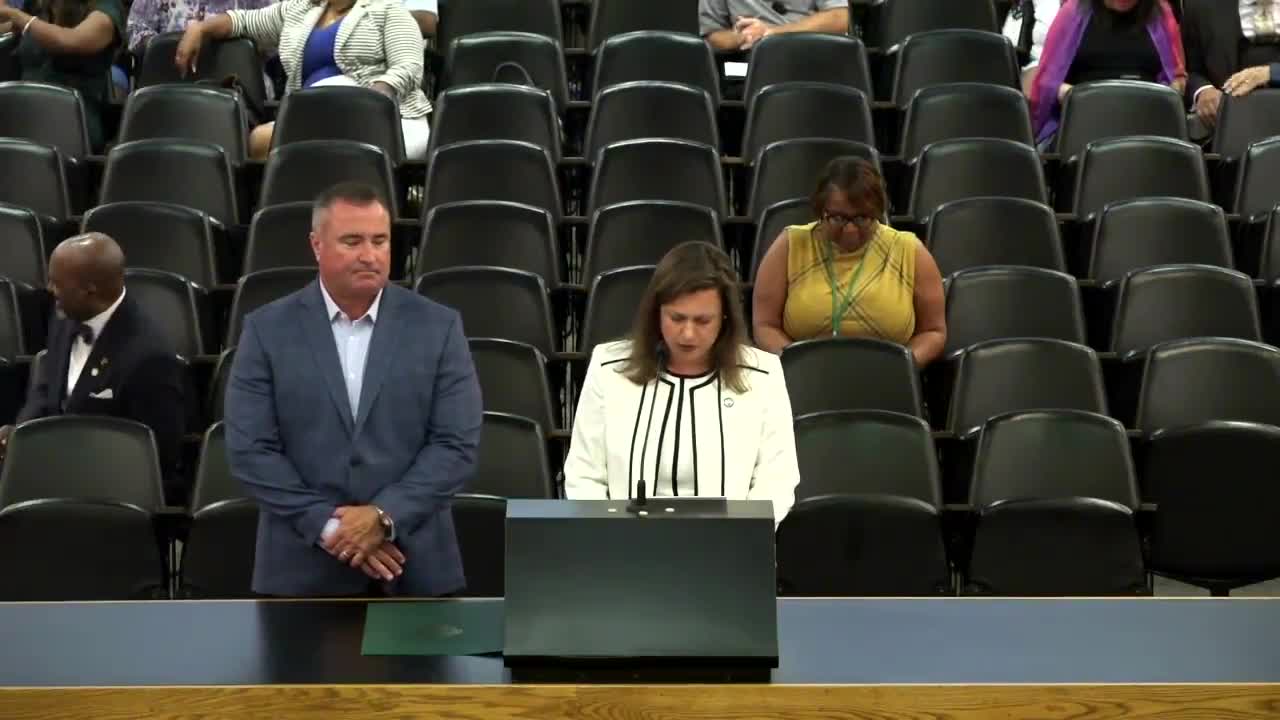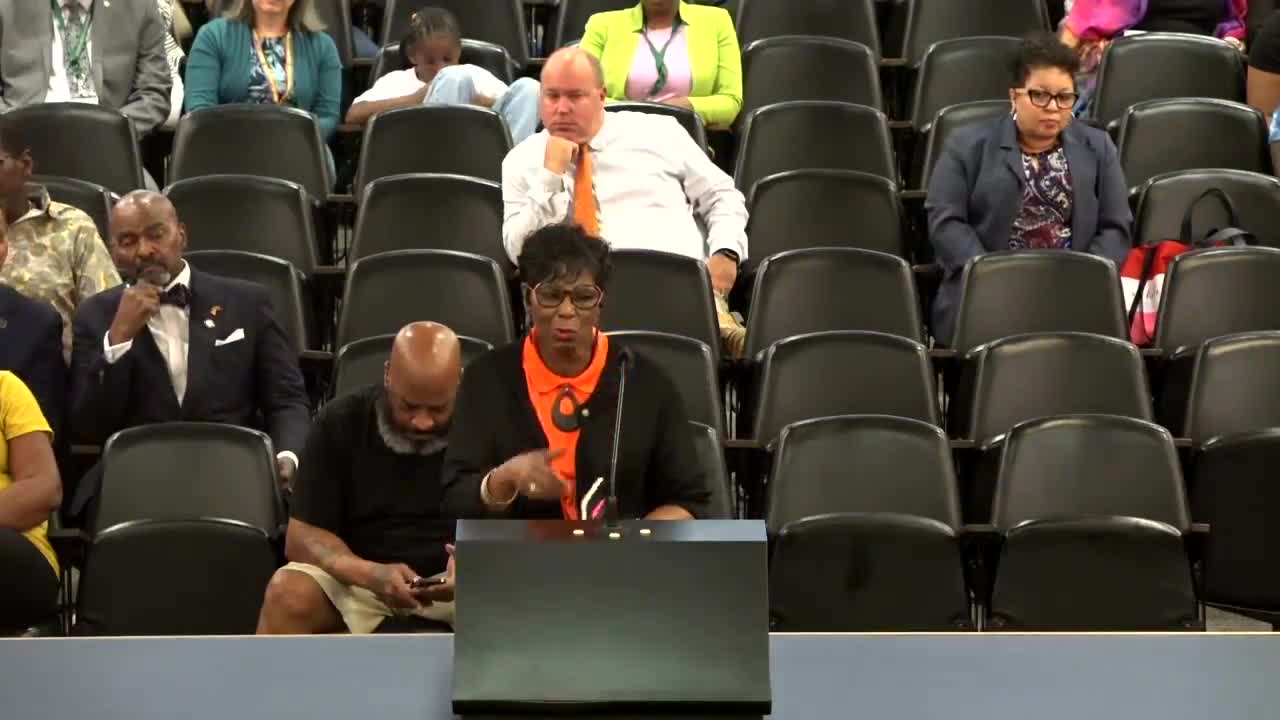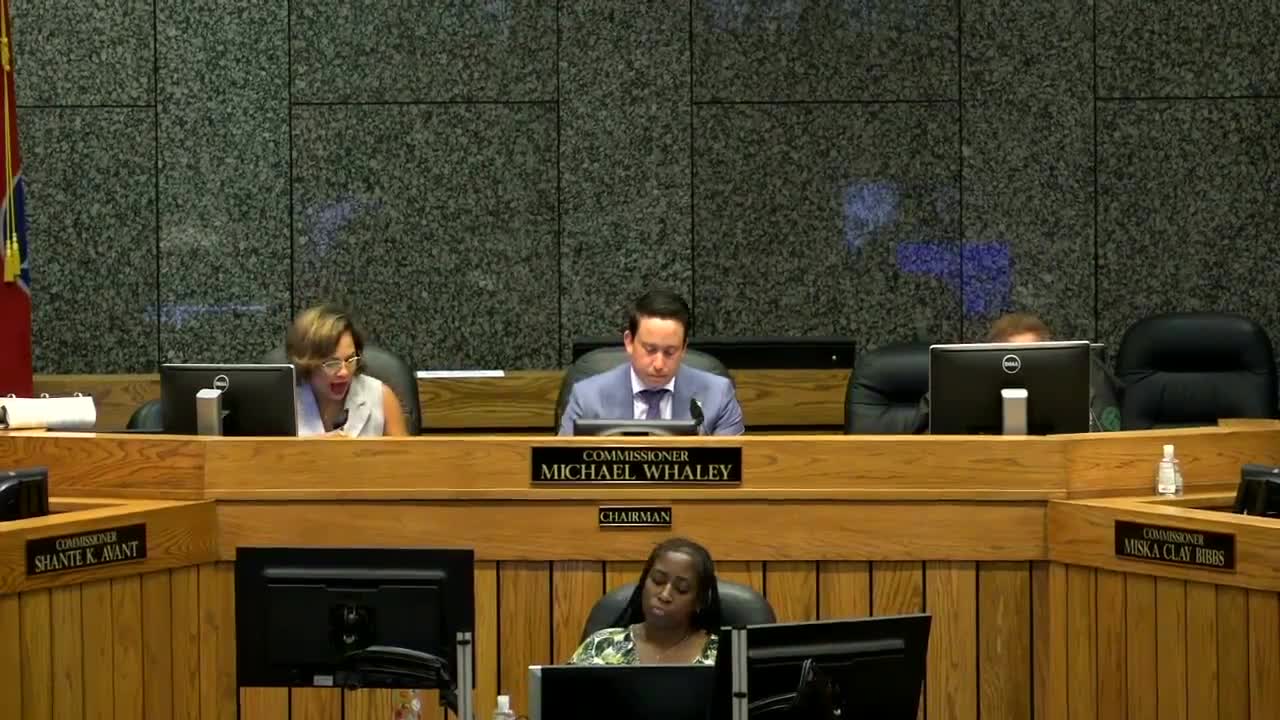Article not found
This article is no longer available. But don't worry—we've gathered other articles that discuss the same topic.

Community groups tell commissioners of alleged medical neglect and abuse at 201 Poplar jail intake

Commission approves $11.2 million to fund juvenile detention transition from sheriff to county corrections

